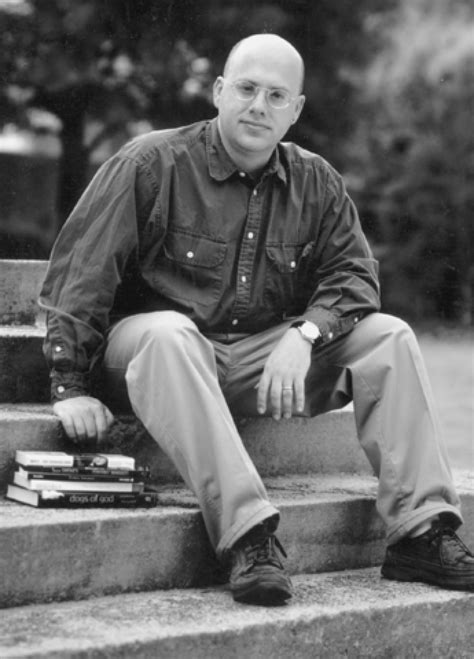A Quote by Jonathan Evison
Limited points of view let the writer dispense - and the reader gather - information from various corners of the story. It all becomes a kind of dance, with the writer guiding the reader through the various twists and turns. The challenge is keeping readers in step, while still managing to surprise.
Related Quotes
I think the trick of being a writer is to basically put your cards out there all the time and be willing to be as in the dark about what happens next as your reader would be at that time. And then you can really surprise yourself. There's that cliche, "No surprise for the writer, no surprise for the reader!"
It is easier for the reader to judge, by a thousand times, than for the writer to invent. The writer must summon his Idea out of nowhere, and his characters out of nothing, and catch words as they fly, and nail them to the page. The reader has something to go by and somewhere to start from, given to him freely and with great generosity by the writer. And still the reader feels free to find fault.
I have a total responsibility to the reader. The reader has to trust me and never feel betrayed. There's a double standard between writers and readers. Readers can be unfaithful to writers anytime they like, but writers must never ever be unfaithful to the readers. And it's appropriate, because the writer is getting paid and the reader isn't.
We must be forewarned that only rarely does a text easily lend itself to the reader's curiosity... the reading of a text is a transaction between the reader and the text, which mediates the encounter between the reader and writer. It is a composition between the reader and the writer in which the reader "rewrites" the text making a determined effort not to betray the author's spirit.
On a more technical level, a story takes a lot of words. And to generate words and phrases and images and so on, that will compel the reader to continue reading - that stand a chance of really grabbing a reader - the writer has to work out of a place of, let's say, familiarity and affection. The matrix of the story has to be made out of stuff the writer really knows about and likes. The writer can't be stretching and (purely) inventing all the time. Well, I can't, anyway.
As a reader, when the writer gets sentimental, you drift, because there's something fishy going on there. You recognize a moment that's largely about the writer and the writer's own need to believe in something that might not in fact exist. As a reader, you think, 'Where did the story go? Where did the person I'm reading about go?'
Every reader, as he reads, is actually the reader of himself. The writer's work is only a kind of optical instrument he provides the reader so he can discern what he might never have seen in himself without this book. The reader's recognition in himself of what the book says is the proof of the book's truth.




































